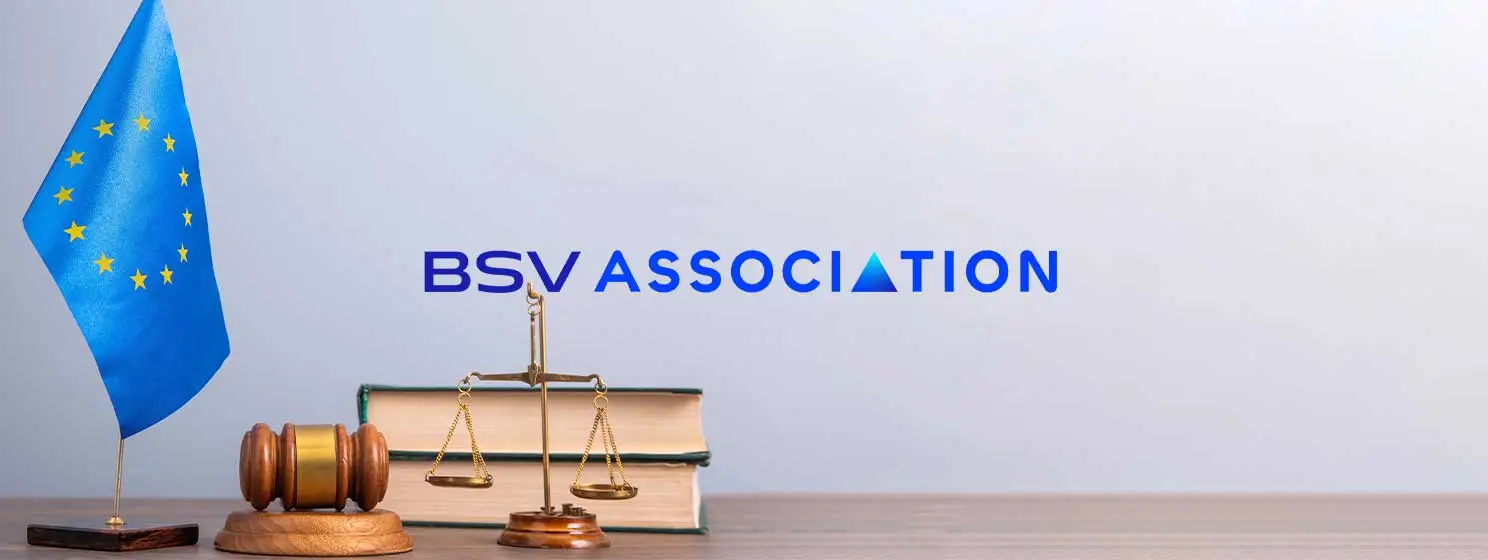|
Getting your Trinity Audio player ready...
|
Pakistan’s new digital asset regulator has put out a call for global companies to apply for licensing in the country, inviting them to gain access to the country’s burgeoning market of digital asset enthusiasts.
The call came over the weekend via a statement issued by the Pakistan Virtual Assets Regulatory Authority (PVARA), the newly established digital asset regulator formed in July. The statement requests ‘Expressions of Interest’ (EoIs) from ‘established Virtual Asset Service Providers (VASPs) and digital asset exchanges seeking to enter Pakistan’s growing virtual economy.’
“This EoI is our invitation to the world’s leading VASPs to partner in building a transparent and inclusive digital financial future for Pakistan,” said Bilal bin Saqib, Chairman of PVARA and Pakistan’s Minister of State for Crypto and Blockchain.
According to the statement, EoIs can be submitted by exchanges operating on a licensed basis in at least one international jurisdiction. Submissions must include ‘a detailed company profile,’ including jurisdictions of operation and any applicable licenses. Submissions are to be emailed in PDF format to [email protected] and will be reviewed on a rolling basis.
Digital Pakistan
The statement highlights Pakistan’s enticing potential as a digital asset market, citing 40 million users in the country and trading volume that exceeds $300 billion.
According to a 2025 report by the Asian Development Bank (ADB), Pakistan ranks 8th in the world in digital asset adoption. The report cites a devaluing currency that fell by 165% between 2017 and 2024 as a primary use case. It estimates that Pakistanis own approximately $20-$25 billion worth of digital assets.
One particular area where the country may have an as-yet untapped advantage is in its gig economy: Pakistan boasts the third-largest professional population in the gig/freelancing industry. This is partly fueling the country’s healthy mobile gaming industry, which was growing three times faster than the rest of the world as of 2022 and is projected to be worth $799 billion by 2027.
Despite this, Pakistan has generally lagged behind the rest of the world in embracing the digital economy. The ADB report says that only 17.7% of Pakistanis use digital payments, while its e-commerce spend ($10 billion in 2023) ranks among the lowest in the region, trailing Bangladesh.
Part of the reason for this, at least insofar as it applies to the digital asset economy, is that the government has taken a hostile line on the industry until very recently, with ‘crypto’ being banned in the country as recently as 2023. This ban came after a much-publicized prior attempt to digitize Pakistan in 2018 (the Digital Pakistan Policy), which evidently had little effect.Further barriers include low data standards, poor internet infrastructure, and a heavily embedded ‘cash-on-delivery’ culture, even in e-commerce transactions.
However, the government of Pakistan has stepped up efforts in recent years to harness local and foreign interest in digital assets.
It passed the Digital Nation Pakistan Act 2025 in January 2025, the header of which describes it as an Act to ‘provide for the transformation of Pakistan into a digital nation, enabling a digital society, digital economy and digital governance.’ The primary effect of the Act is to establish three regulators: the National Digital Commission (NDC), a body chaired by the country’s Prime Minister as an executive organization tasked with setting the strategy for the country’s digital transformation. Secondly, it establishes the Pakistan Digital Asset Authority, which is responsible for developing and implementing the NDC’s strategy. Lastly, it created the Oversight Committee, which is intended to be an independent watchdog to assess the effectiveness of the Digital Authority.
The Act also includes specific directives, such as assigning responsibility for issuing and managing digital identities to the already-established National Database and Registration Authority.
Whether the Act has the desired effect remains to be seen.
Watch: Culture of BSV and the ‘Crypto’ Economy

 02-16-2026
02-16-2026 




